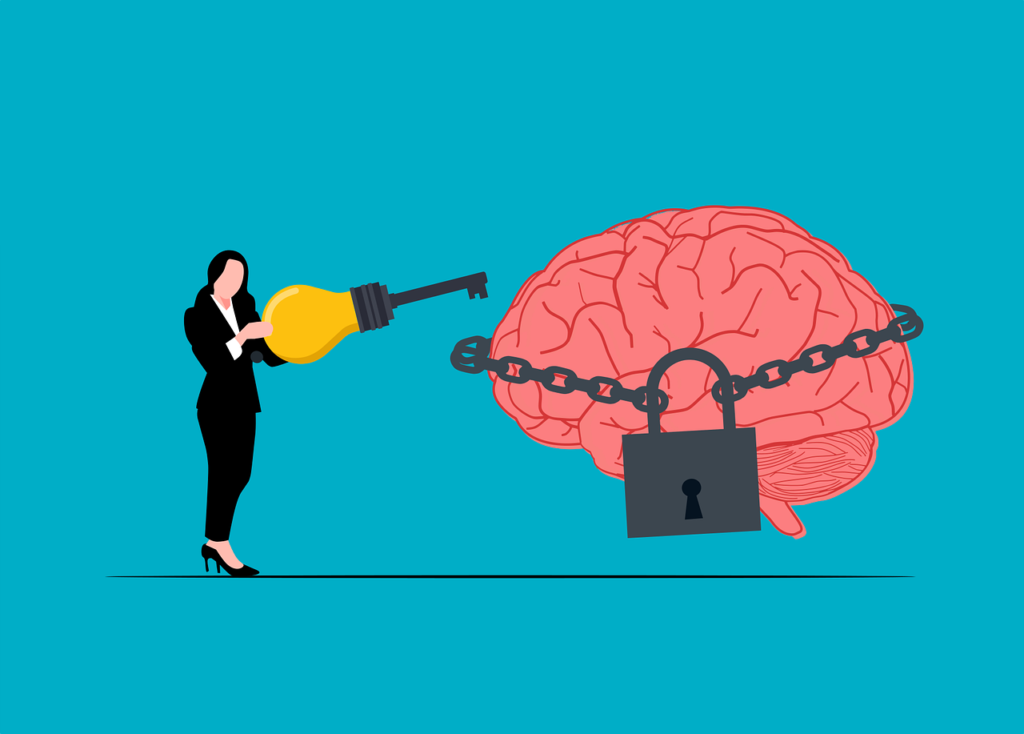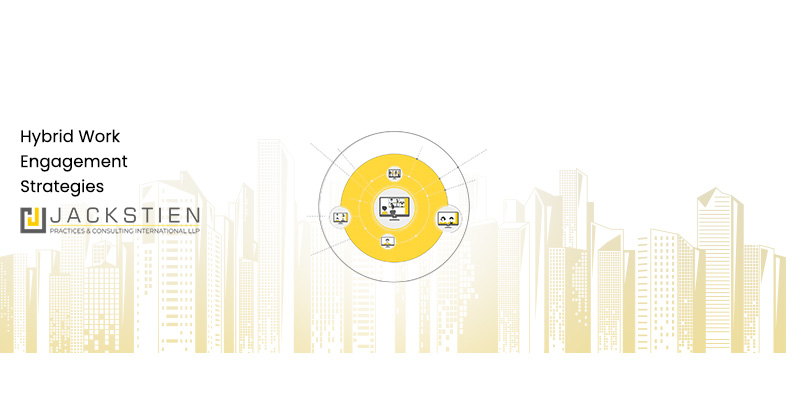“It is not the critic who counts; not the man who points out how the strong man stumbles. The credit belongs to the man who is in the arena, whose face is marred by dust and sweat and blood; who strives valiantly; who errs, who comes short again and again, because there is no effort without error and shortcoming; but who does actually strive to do the deeds”
Today, the world is moving in a remote-first direction. This direction is being pushed to pursue greater heights, thanks to the outcomes of the great resignation. Organizations that deliver on the remote demands of the employees thrive, but come face-to-face with a lot of challenges, the most important being the mental health of their people.
Navigating the mental health of remote employees is tricky. On one hand, remote work has been lauded as a solution to some problems of our fast-paced, exhausting work lifestyles. For many, it meant the opportunity to spend more time with their children or use time that would have been previously used in commuting to pursue more fulfilling hobbies. On the other hand, new research into remote work and well-being has shown mixed results – in Microsoft’s 2022 New Future of Work Report, researchers found that although remote work can improve job satisfaction, it can also lead to employees feeling burned out, isolated, with blurred boundaries between work and life.
Organisations and firms have now made employees’ mental health wellness a company value – but is that enough?
To drive concrete results and move beyond putting policy on paper, it is time to look into and deal with (be in the arena) the intricacies that mental and emotional health are built around. That’s eventually just risk management. Prioritising employees’ mental health, setting and adhering to standards at all times, and taking regular, empathetic action in this direction will make these values a living reality.

On World Mental Health Day, to assist organisations materialise their mental health policies and understand the role they play to help their remote employees thrive, we suggest some guidelines for management.
One Size Fits One – Let Your Employees Self-Direct Their Mental Wellness
By now, most organisations functioning remotely have acknowledged that simply offering a Zoom yoga session doesn’t eliminate burnout, so they look for meaningful ways to promote the mental wellness of their remote employees, by offering subscription services to a range of apps, such as Calm, Headspace etc. While these are great options, one must remember that each person is different. The core of risk management lies in identifying the differing risk factors. What one likes may not be what the other likes, too. Let your employees decide how they want to design their own mental wellness plan. Put forward your resources and ideas – and let employees find what compliments their remote schedule.
Make Mental Health a Key Performance Indicator (KPI)
Remote and Hybrid work has advocated performance over presence. So, why leave mental health to chance? Have your employees set their own monthly/quarterly mental wellness plans and then value these KPIs just as much as your business-specific ones. Take a baseline survey of the mental health of your employees and then help them set their KPIs. The survey will act as a parameter of their growth and progress made after having followed these mental health KPIs.

Redesign Your Virtual Meetings
Remote employees spend about a fifth of their work hours in meetings! This leads to Zoom fatigue, lack of satisfaction, fatigue and burnout.
Consider embracing no-meeting days to let employees focus purely on work. If Hybrid work is your preferred form, even better to design meetings around. Actively use synchronous and asynchronous forms of communication to fulfil the aim of a meeting. Consider work-free team meetings – a step to eliminate the dread around virtual meetings where your team can have non-work-related conversations.

Live & Breathe Work-Life Balance
With diminished physical and mental barriers between personal and professional, the scale has tipped dramatically in favour of doing the job at all hours of the day leading to fatigue, brain fog, low morale, and fragile mental health. As an organisation, lead by example to help implement work-life balance whether remote or hybrid. Don’t schedule meetings and avoid the urge to send emails after work hours. Once again, adopt an outcome approach to work.
Sensitize Your Managers
Remote and Hybrid work have changed how employees show up. It also changes their issues at work and how they will be managed, therefore training your managers/supervisors to support their team’s mental health is important to improve their knowledge, attitudes and behaviours for mental health and to improve the team’s help-seeking behaviours.
Author – Neha Yadav, Jackstien Practices – People Practices & SAPIENS Associate


